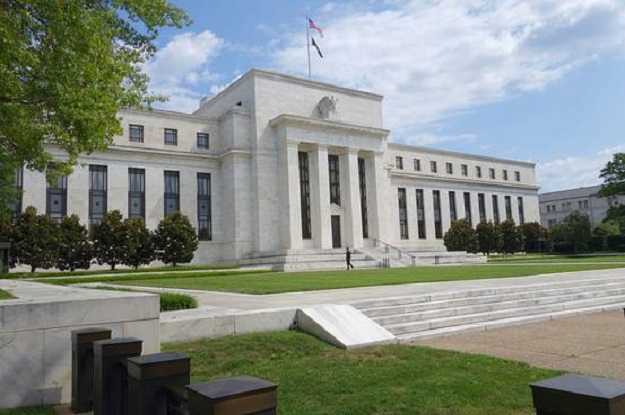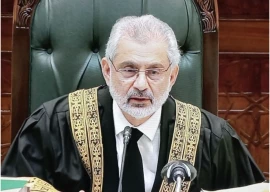
“The Fed decided that all economic and financial issues in the world are its concern and given the uncertain global economic and financial conditions, the start of rate normalisation would have to wait,” said economist Joel Naroff.
The decision rattled Wall Street, driving both the S&P 500 and the Dow Jones Industrial Average down more than 1.6% on Friday.
In its statement announcing the move, the Federal Open Market Committee, the Fed’s policy arm, said that the recent global economic and financial developments might restrain economic activity somewhat and were likely to push down the already tepid US inflation.
“A lot of our focus has been on risks around China, but not just China, emerging markets more generally and how they may spill over to the United States,” said Fed Chair Janet Yellen. Nevertheless, she stressed, the Fed “should not be responding to the ups and downs” in markets and “it is certainly not our policy to do so,” she said.
“But they did,” said Chris Low of FTN Financial. “Why? Because apparently when the markets are in turmoil, it is ‘incumbent on us’ to speculate about the cause of the turbulence and in this case, they decided it was weakness in foreign economies.”
It seemed the Fed had enough data on the US economic front to merit a rate increase, said Ozlem Yaylaci, US economist at IHS Global Insight. Yellen herself insisted that the “US economy that has been performing well.”
For Derek Scissors, an economist at the American Enterprise Institute, Yellen’s highlight on China’s economic slowdown “is just giving an excuse to not raising rates.”
“The real reason for holding rates unchanged is still weakness in the labour market,” he said, noting that behind the encouraging fall in the unemployment rate to 5.1%, the labour force participation remains low and wages are stagnant.
The slowdown in China, the world’s second-largest economy, however, is real. IHS Global Insight forecast that growth will fall from a 7.3% pace in 2014 to 6.5% this year and 6.3% in 2016.
There could be at least another reason, more troubling, that may have led the Fed to hold rates, suggested Scissors. “FOMC policymakers possibly don’t trust the Chinese on currency policy,” he said.
Although Chinese President Xi Jinping is coming to Washington next, it is uncertain whether any Fed officials will be meeting with members of the Chinese delegation. “The Fed wouldn’t advertise that. It would probably scare people more than reassure them,” Scissors said.
Published in The Express Tribune, September 20th, 2015.
Like Business on Facebook, follow @TribuneBiz on Twitter to stay informed and join in the conversation.











































COMMENTS
Comments are moderated and generally will be posted if they are on-topic and not abusive.
For more information, please see our Comments FAQ